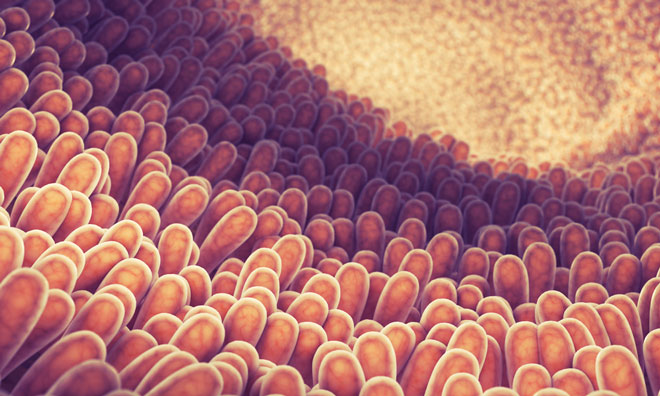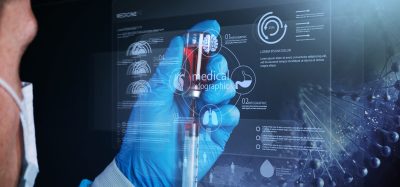Immunological memory of the mucosa: a breakthrough in vaccine research
Posted: 16 September 2016 | Niamh Louise Marriott, Digital Content Producer | No comments yet
The mucosa forms a unique immunological antibody memory that does not occur if the vaccine is given by injection, says a study from Sahlgrenska Academy…


If a vaccine is to protect the intestines and other mucous membranes in the body, it also needs to be given through the mucosa, for example as a nasal spray or a liquid that is drunk. The mucosa forms a unique immunological antibody memory that does not occur if the vaccine is given by injection, says a new study from Sahlgrenska Academy.
Immunological memory is the secret to human protection against various diseases and the success of vaccines. It allows our immune system to quickly recognise and neutralise threats.
“The largest part of the immune system is in our mucosa. Even so, we understand less about how immunological memory protects us there than we do about protection in the rest of the body. Some have even suggested that a typical immune memory function does not exist in the mucosa,” says Mats Bemark, associate professor of immunology at Sahlgrenska Academy, University of Gothenburg.
After extensive work, the research team at Sahlgrenska Academy can now show that this assumption is completely wrong.
Lifelong Intestine Memory
In studies in mice, the researchers show that the mucosal immune system can lead to a lifelong memory in the intestines of mice. After immunisation, long-lived cells make antibodies that are transported into the intestine through the mucosa. In addition, memory cells form that can rapidly initiate a new immune response if needed and that can form new cells that produce antibodies.
“We show that the memory cells created in the mucosa are different from memory cells formed in other parts of the body. And a bit surprisingly, it seems that the cells that make antibodies in the mucosa and the memory cells in the mucosa are not created at the same time,” said Bemark.
Unique Memory Cells
The researchers’ findings have major implications for future vaccine development.
“The study clearly shows that it is possible to achieve an immunological antibody memory with mucosal vaccination and that the memory cells that are created in connection with this type of vaccination are unique and cannot be achieved through traditional vaccination methods. This means that only mucosal vaccinations can provide immunological protection in the mucosa,” commented Nils Lycke, professor of clinical immunology at Sahlgrenska Academy.
For the study, the research team used a new method in which mice were immunised with a model vaccine so that the researchers could then follow the cells formed during the immune response for the rest of the mouse’s life.
“Because we have focused on how this provides protection over the long-term, each experiment lasted between six months and two years. This work is unique because this new methodology allows us to follow these very rare memory cells with very good resolution, and that we can follow the response for such a long time,” said Bemark.
Related topics
Vaccine
Related organisations
Sahlgrenska Academy







